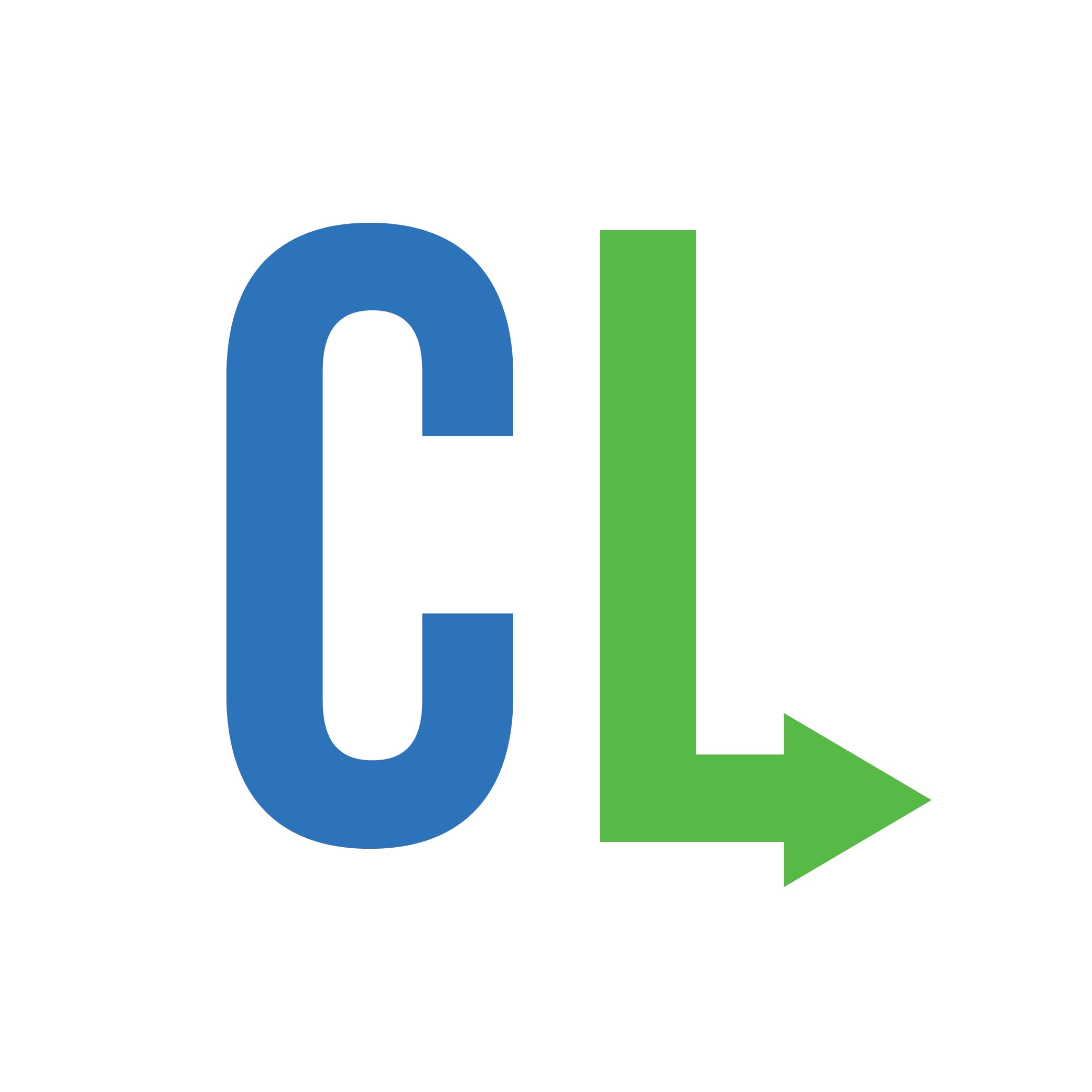Attention educators! Do you want to equip your students with the skills they need to discern fact from fiction in today's information landscape? Join our book study on "Fighting Fake News" by Jeffery D. Wilhelm and Michael W. Smith.
In this comprehensive guide, Wilhelm and Smith provide practical strategies for teaching students how to critically evaluate sources, analyze bias, and verify information. They also explore the psychology behind why people believe fake news and offer tips for promoting digital literacy and civic engagement.
This book study will give you the opportunity to collaborate with other educators, share best practices, and develop a plan for implementing the strategies outlined in "Fighting Fake News" in your classroom. Don't miss this chance to enhance your teaching and empower your students to become savvy consumers of information.
Sign up now and take the first step towards combating fake news in your school community!
Meetings Wednesdays: April 5th, April 19th, May 3rd, May 17th.
All meetings will be virtual at 4:30pm.
Reading Schedule:
April 5th: Read Chapter 1 and Chapter 2 (pg. 1 - 38)
April 19th: Read Chapter 3 (pg. 41-100)
May 3rd: Read Chapter 4 and Chapter 5 (pg. 101 - 164)
May 17th: Read Chapter 6 and Chapter 7 (pg. 165 - 226)
About The Book
Purchase you book here:
Purchase Fighting Fake News from the Corwin Website
or here:
Purchase Fighting Fake News from Amazon
or anywhere else you buy education books.
Critical thinking and online reading need to go hand in hand—but they often don’t. Students click, swipe, and believe because they don’t know how to do otherwise. At times, so do we. And that’s a problem. Fighting Fake News combats this challenge by helping you model how to read, myth-bust, truth-test, and respond in ways that lead to wisdom rather than reactivity.
No matter what content you teach, the lessons showcased here provide engaging, collaborative reading and discussion experiences so students can:
Notice how teacher and peers read digital content, to be mindful of how various reading pathways influence perception
Identify the author background, the website sponsor, and other evidence that help set a piece in context
Stress-test the facts by evaluating news sources, reading laterally, and other critical reading strategies
Use “Reader’s Rules of Notice” to learn to identify common rhetorical devices used to influence the reader
Be aware of how for-profit social media platforms feed on our responses to narrow rather than widen our reading landscape
We are still in the wild west era of the digital age, scrambling to impart a safer, ethical framework for evaluating information. Thankfully, it distills to one mission: teach students (and ourselves) how to think critically, and we will forever have the tools to fight fake news.

